On Wednesday, Sunrise featured a segment that included two guests and a presenter advocating for the ban on the adoption of indigenous children by non-indigenous parents to be lifted – a suggestion from federal Children’s Minister, David Gillespie. Needless to say, the backlash from outraged activists was in no short supply.
Already a subscriber? Log in
Subscribe for just $2 a week
Try a month of The Spectator Australia absolutely free and without commitment. Not only that but – if you choose to continue – you’ll pay just $2 a week for your first year.
- Unlimited access to spectator.com.au and app
- The weekly edition on the Spectator Australia app
- Spectator podcasts and newsletters
- Full access to spectator.co.uk
Or

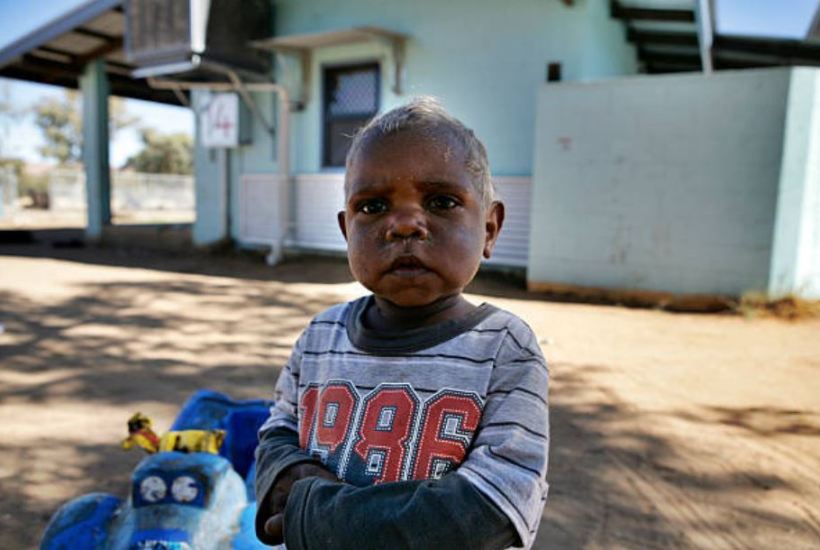
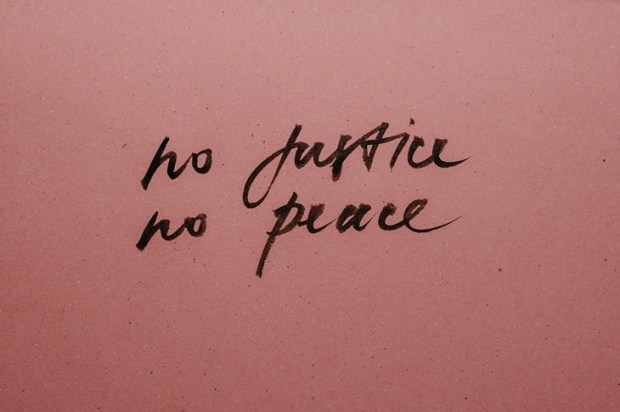
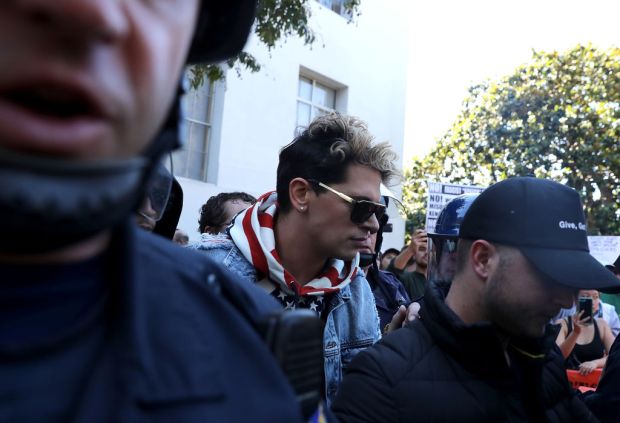

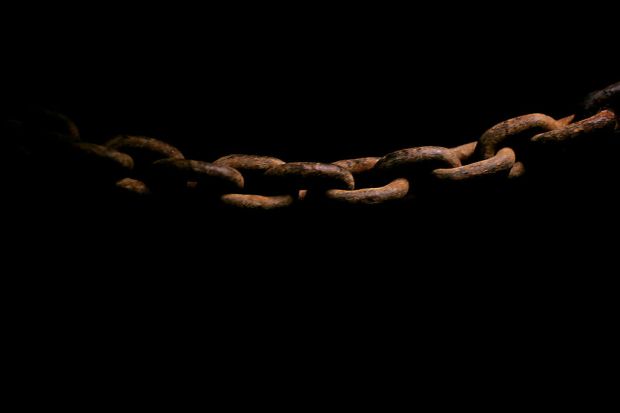
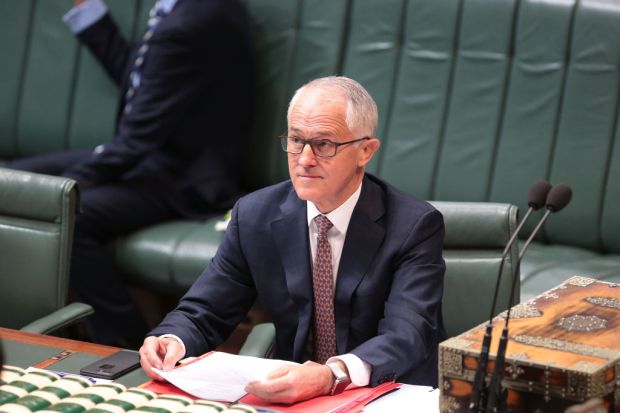



















Comments
Don't miss out
Join the conversation with other Spectator Australia readers. Subscribe to leave a comment.
SUBSCRIBEAlready a subscriber? Log in